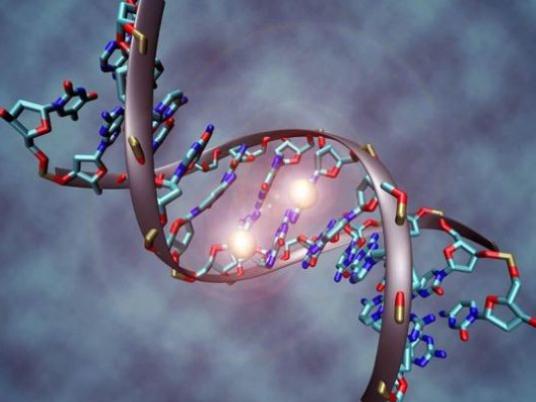
Scientists and ethicists gathered at an international summit in Washington said it would be "irresponsible" to use gene editing technology in human embryos for therapeutic purposes, such as to correct genetic diseases, until safety and efficacy issues are resolved.
But organizers of the International Summit on Human Gene Editing said editing genes in human embryos was permissible for research purposes, so long as the modified cells would not be implanted to establish a pregnancy.
The statement on Thursday comes amid a growing debate over the use of powerful new gene editing tools in human eggs, sperm and embryos, which have the power to change the DNA of unborn children.
The group's guidance follows calls for various bans on use of the technology known as CRISPR-Cas9, which has quickly become the preferred method of gene editing in research labs because of its ease of use compared with older techniques.
CRISPR-Cas9 works as a type of molecular scissors that can selectively trim away unwanted parts of the genome, and replace it with new stretches of DNA.
Advocates say the technology can speed the day that scientists are able to prevent heritable diseases. Opponents worry about unknown effects on future generations and the temptation by future parents to pay for genetic enhancements such as greater intelligence or athletic ability.




